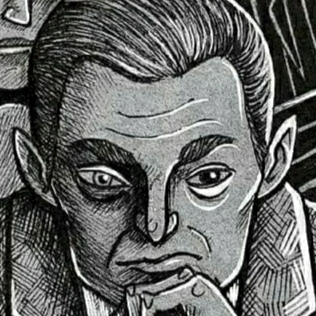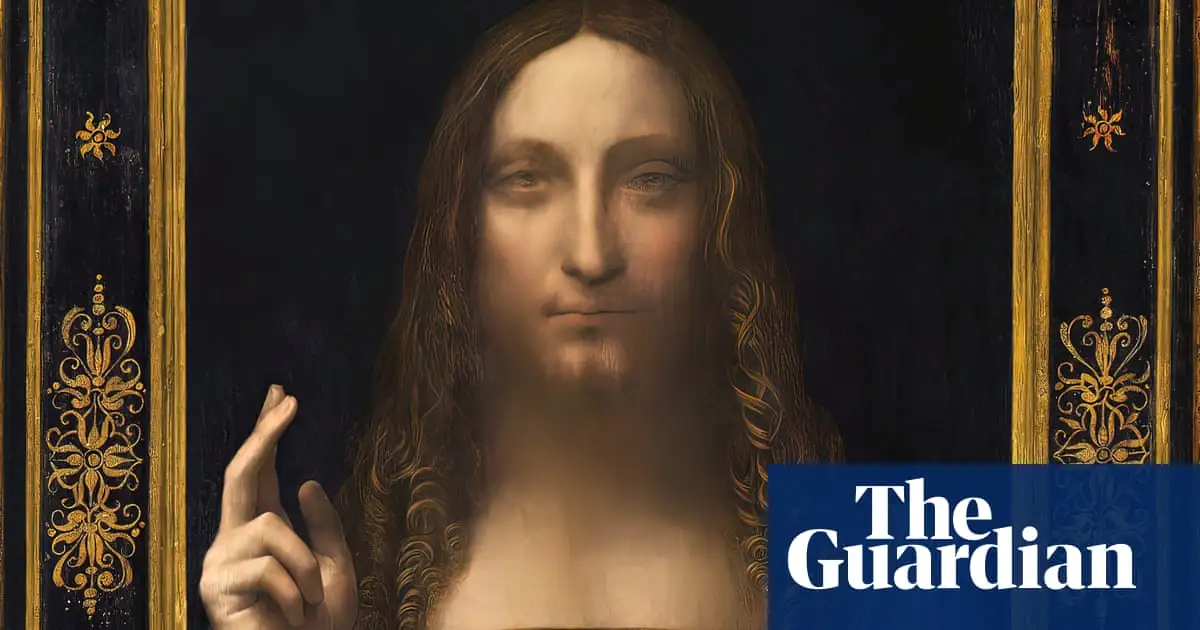From Leonardo da Vinci’s Salvator Mundi to Andy Warhol’s Four Marilyns, it amounts to an art collection that could grace any gallery in the world.
But rather than being the highlights of a blockbuster exhibition at a major gallery, these are just some of the 300, and counting, pieces known to have been recently owned by Russian nationals under western sanctions that have been entered into a searchable database set up by Ukraine’s National Agency on Corruption Prevention (NACP).
The agency’s “war and sanctions portal” lists paintings and sculptures thought to have been bought and sold in recent years by the Russian super-rich accused by the west and Kyiv of aiding and abetting Vladimir Putin’s war in Ukraine.
The purpose of the tool, the agency said, was to “make it easier for virtuous art market participants to carry out sanctions checks and make it difficult for Russian oligarchs to sell such assets”.
Western economic sanctions imposed on hundreds of Russian individuals are designed to restrict the ability of those who are profiting from or fuelling the war to move their fortunes around the world.
Artworks can be relatively easily sold across national borders without alerting the authorities, with the subjective nature of the value allowing prices to be easily inflated or deflated.


